
When is a cross not a Christian symbol?
Issac Kramnick, the Richard J.Schwartz Professor of Government Emeritus, and R. Laurence Moore, the Howard A.
 Department Homepage
The College of Arts & Sciences
Department Homepage
The College of Arts & Sciences

Issac Kramnick, the Richard J.Schwartz Professor of Government Emeritus, and R. Laurence Moore, the Howard A.
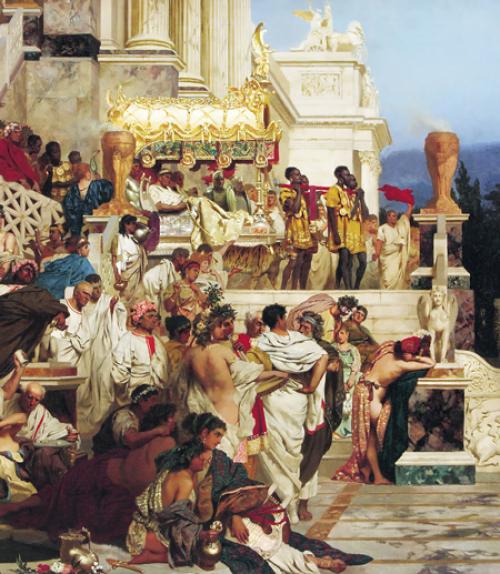
Stepping into the shoes of a god isn’t easy, as historian Barry Strauss makes clear in a new book that traces the biographies of 10 of the men who succeeded Julius Caesar.
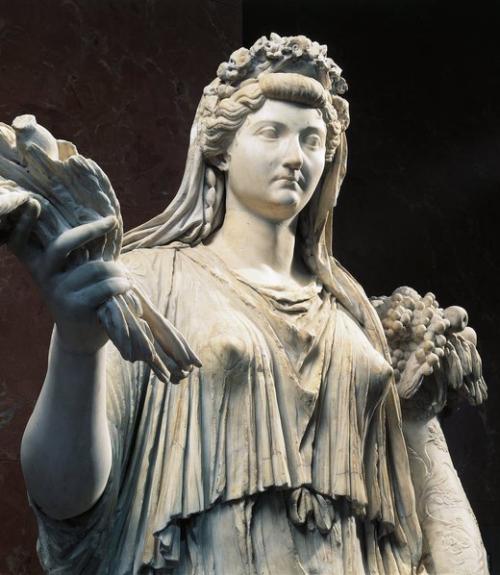
Barry Strauss, the Bryce and Edith M. Bowmar Professor in Humanistic Studies, wrote in this op-ed in Time that ancient Rome was a macho society, often misogynistic, where women did not enjoy equal citizen rights. But, he says, if we look hard at history, we discover some women who made their mark.

In 2016, the majority of women's soccer teams in Latin America were designated "inactive" by FIFA. Women players launched protests, still ongoing, for better conditions in the sport. Historian Brenda Elsey of Hofstra University will explore the implications of these protests in this year's Harold Seymour Lecture in Sports History.
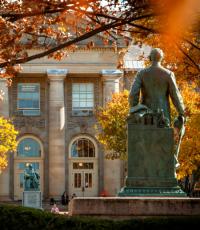
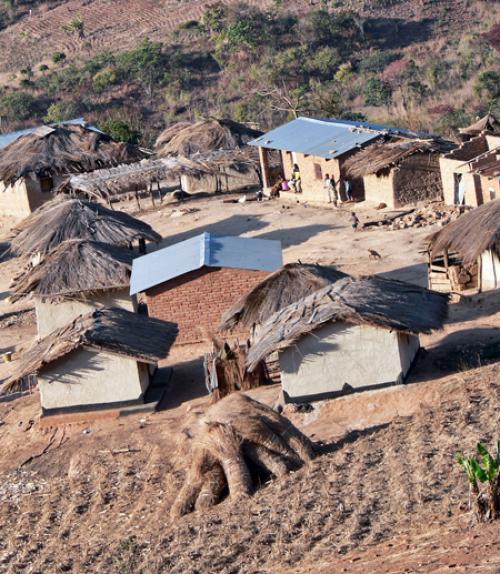
Twelve graduate students will spend this year refining their dissertation plans and testing the waters of global research, with help from faculty mentors and intensive workshops, in the Einaudi-SSRC Dissertation Proposal Development Program.
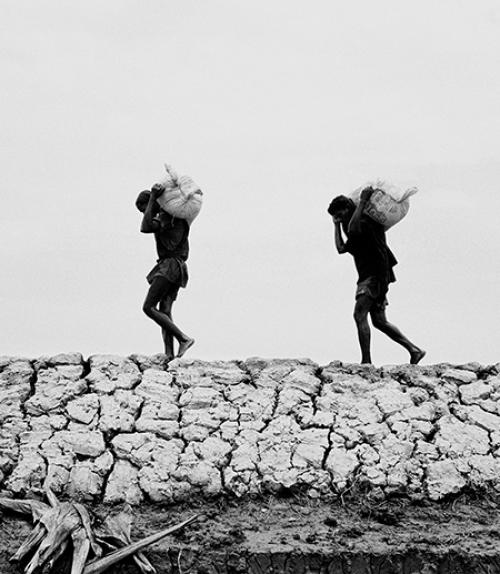
The events of August 2017 brought worldwide attention to the issue of the Rohingya Muslim minority in Myanmar, who had long been persecuted and oppressed by the Burmese government and military. Despite the initial reaction to the violent displacement of over a million men, women, and children—as well as the deaths of thousands—global media outlets were slow to follow up on their first reports. With information about the genocide scarce and the call to action not nearly loud enough, it was cle
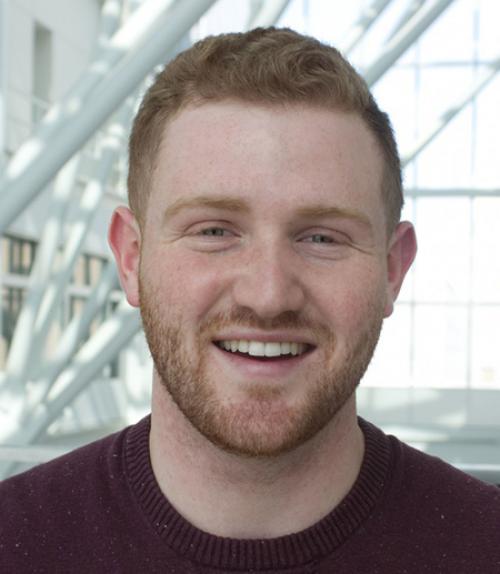
Samuel Barnett ’19 has been named one of 11 junior fellows by the Carnegie Endowment for International Peace.Barnett, a College Scholar whose studies focus on national security and geopolitics, will spend his fellowship year working with Carnegie’s executive office on issues of U.S. foreign policy and diplomacy.
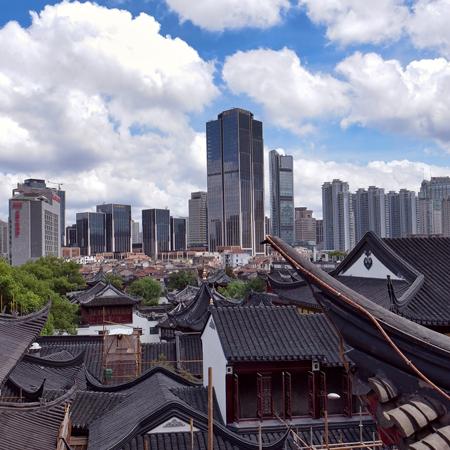
The Cornell China Center has announced eight China Innovation Awards to interdisciplinary teams of Cornell faculty.The winning projects were selected from among 34 proposals submitted by faculty leaders across 47 departments, centers and programs in Cornell’s colleges and schools.
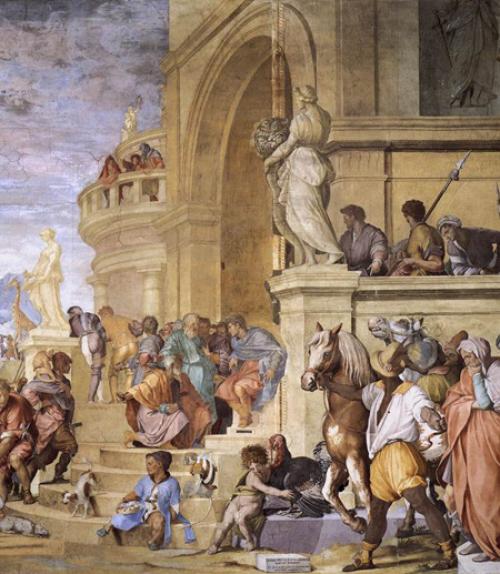
Barry Strauss, the Bryce and Edith M. Bowmar Professor in Humanistic Studies, writes in this Wall Street Journal essay, about the penchant for presidential hopefuls to pen the stories of their lives during election seasons.
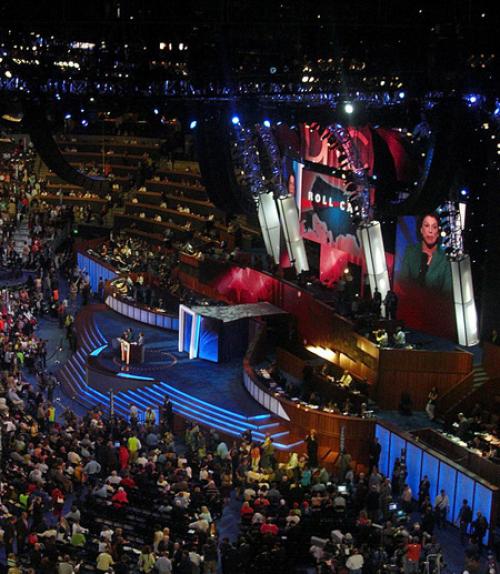
The Democratic Party began in the 1820s as an organization of and for white men who opposed a strong federal government. The party gradually wooed a more inclusive constituency, and its partisans built a national state that sought to advance the common welfare.
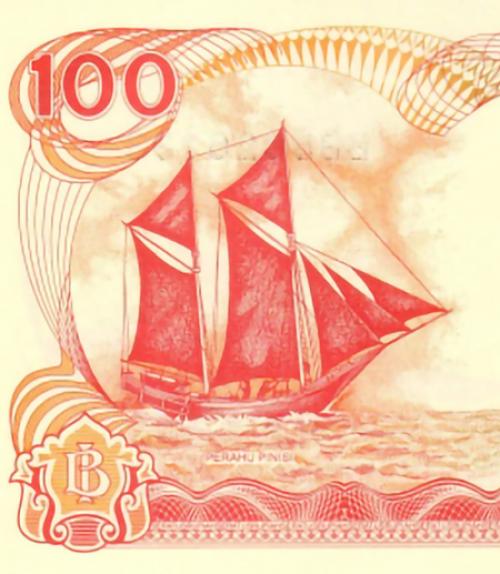
“Water Connections,” a new episode of the “What Makes Us Human” podcast series, explores the critical role the oceans have played in Southeast Asia.

In 1965, the Cambridge Union Society invited African-American novelist James Baldwin and William F. Buckley, then-editor of the National Review, to debate the question, “Has the American Dream been achieved at the expense of the American Negro?”
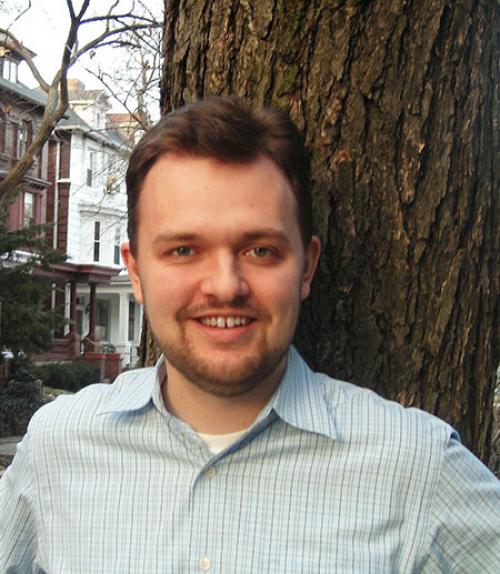
Our contemporary power structure claims to be based on merit and aims for diversity, but it has lost a sense of duty and responsibility that the traditional aristocracy represented, says author and political essayist Ross Douthat. In “Meritocracy and the Public Good: Who Wins? Who Loses?” Douthat will explore what the costs of this structure are to the common good. Sponsored by the program on Freedom and Free Societies, the talk will be held Thursday, April 25, at 5:30 p.m.

While future effects of climate change are often in the news, an April 30 event will discuss how the problem is already affecting communities around the world, particularly in Africa.The Africana Studies and Research Center is hosting, “Disaster: Cyclone Idai, Climate Change & Climate Migration,” a talk that will discuss impacts of climate change, climate migration and food scarcity and takes place at 4:30 pm in Lewis Auditorium, Goldwin Smith Hall.
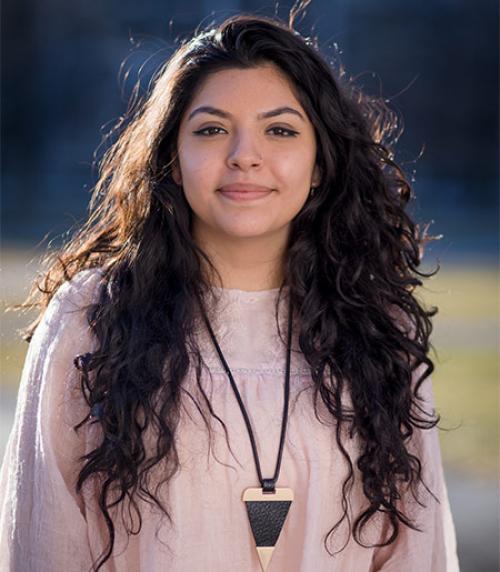
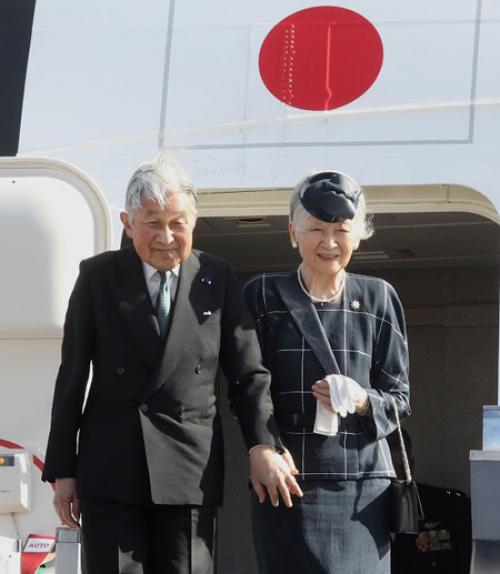
Kristin Roebuck, assistant professor and Howard Milstein Faculty Fellow in the Department of History, talks about the decision of the Japanese emperor to abdicate the throne in this opinion piece in The Hill.
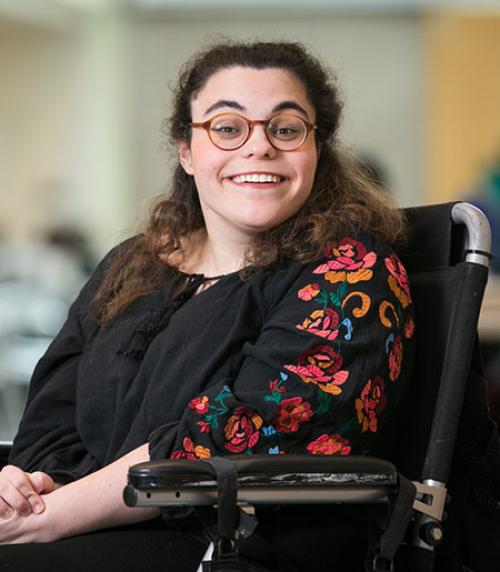
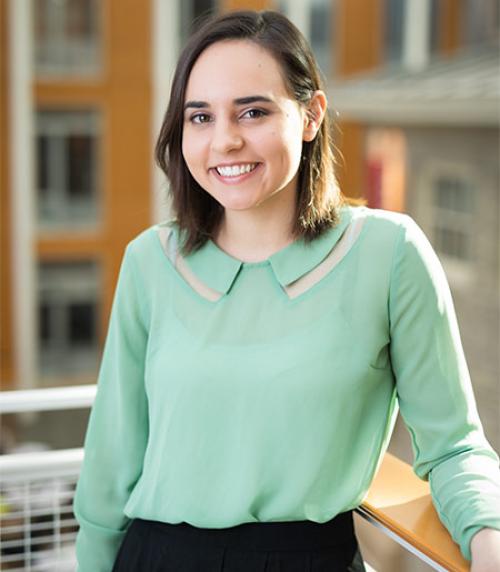
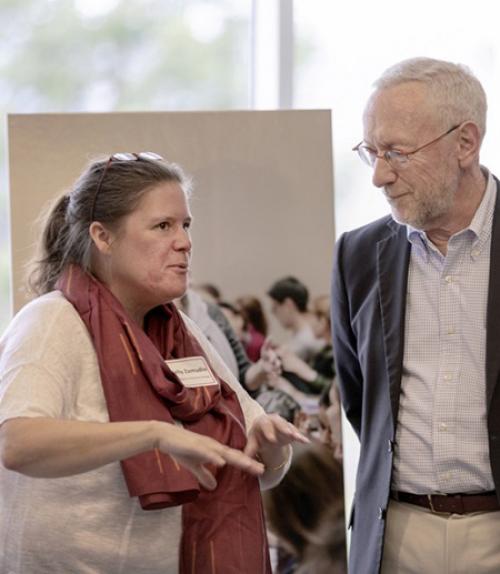
The Provost’s Seminar on Teaching and Learning brought nearly 75 faculty and instructors together to share and celebrate innovations in teaching at Cornell.
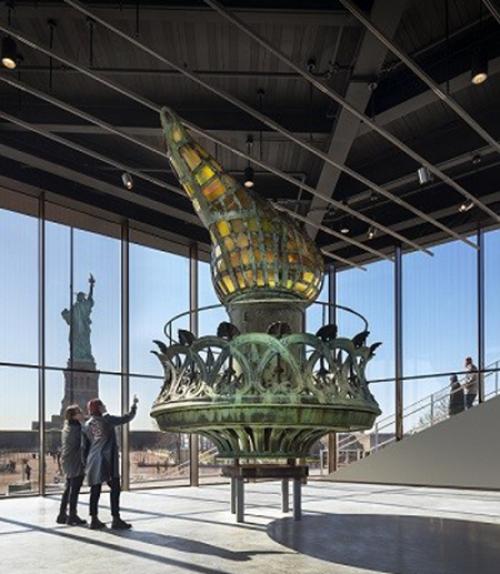
As a child, Maria Cristina Garcia’s family left Cuba for the United States to enjoy new freedoms that were lacking there. One of her first road trips as a new American was to see the Statue of Liberty and many of her photos from that trip show the statue in the background.

Meredith Chagares ’19 began her senior thesis in history, literally, with a footnote – one that led her to do investigative work for “Anatomy of a Cover-Up: How and Why the United States Covered Up Japanese World War II Biological Warfare Experiments.”“I discovered about Japan’s experiments via a footnote while researching Nazi experiments,” she said.
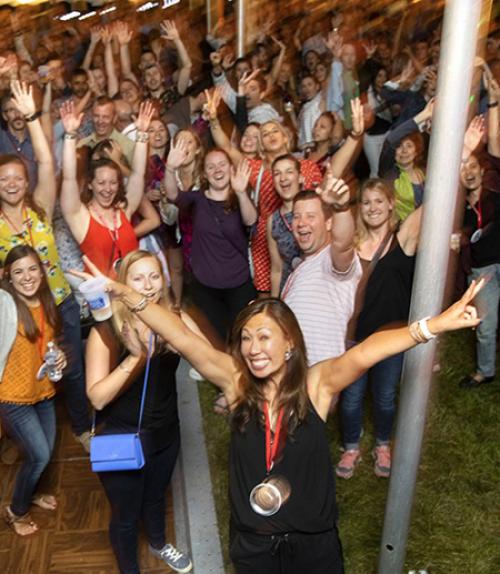
Just two weeks after classes end and students disperse for the summer, alumni and their families will return to campus for Reunion 2019. This year’s event – from Thursday, June 6, through Sunday, June 9 – is on track to set a new record for attendance, with more than 7,000 alumni and their guests registered.
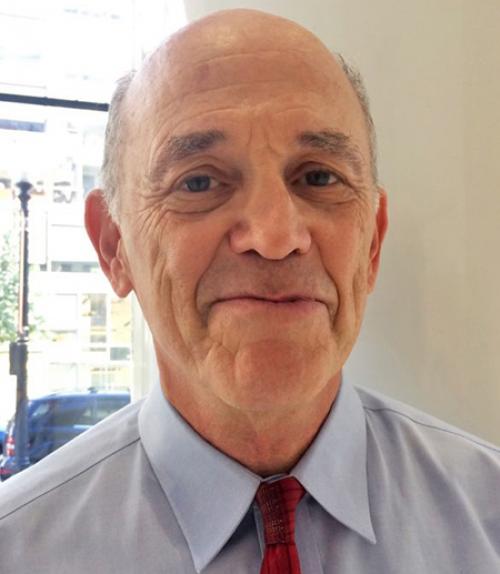
As an environmental activist and lobbyist, Rafe Pomerance ’68 played an early, pivotal role in raising awareness about the threat of climate change in the late 1970s. He connected scientists with government policymakers and the media, efforts that led to congressional hearings.
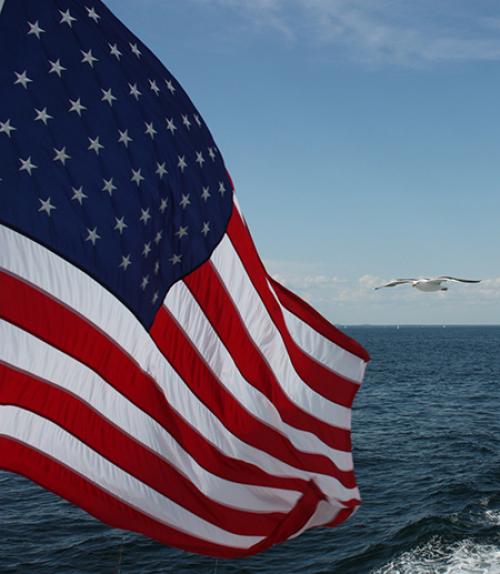
Former national security adviser Stephen J. Hadley ’69, right, in conversation with former Rep. Steve Israel, left, director of Cornell’s Institute of Politics and Global Affairs, at the Olin Lecture June 7 in Bailey Hall.